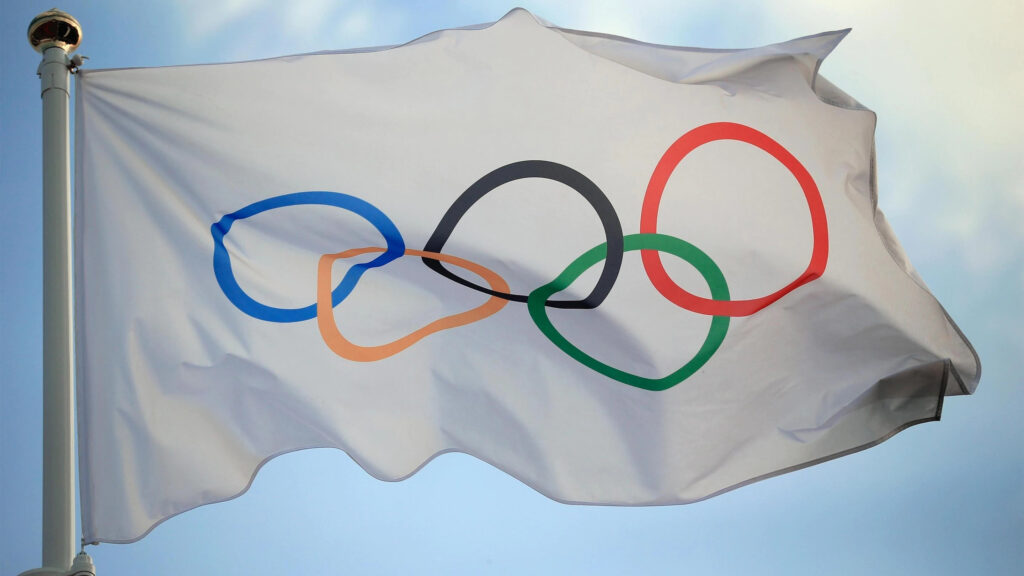In February 2022, the International Olympic Committee (IOC) and the Olympic Movement responded promptly to the start of the war in Ukraine, initiated by Russia with the support of Belarus. The IOC issued three statements between 24-28 February 2022, condemning the breach of the Olympic Truce, urging International Federations to relocate or cancel their sports events planned in Russia or Belarus, and recommending no participation of Russian and Belarusian athletes and officials.
The IOC took two-fold actions of imposing sanctions and implementing protective measures. The IOC condemned the violation of the Olympic Truce and sanctioned the states and governments responsible for the war. Simultaneously, the IOC had to ensure the integrity of international competitions and the safety of athletes and officials, including those from Russia and Belarus.
The Q&A below addresses the current situation following the Olympic Summit on 9 December 2022, consultation calls with the Olympic Movement stakeholders in January 2023, and the IOC Executive Board statement on “Solidarity with Ukraine, sanctions against Russia and Belarus, and the status of athletes from these countries.” Here are some highlights from the Q&A:
Q: Why can’t the IOC just ban Russian and Belarusian athletes until further notice? Why does the IOC consider changing its recommendations now?
A: On 1 February 2023, two Special Rapporteurs of the United Nations Human Rights Council praised the IOC for considering allowing individual athletes from Russia and Belarus to participate in international sports competitions as neutral athletes. They urged the IOC to adopt such a decision and ensure the non-discrimination of any athlete based on their nationality. The IOC is exploring this option, enjoying the overwhelming support of the International Federations, the Association of Summer Olympic International Federations (ASOIF), all five Continental Associations, and the Association of National Olympic Committees (ANOC).
It went on: “‘We understand the desire to support Ukrainian athletes and the Ukrainian Olympic community, who suffer terribly from the war, together with all other Ukrainians,’ the experts said. ‘But the Olympic Committee and more widely the Olympic community have also the compelling obligation to abide by the Olympic Charter, and more widely international human rights norms prohibiting discrimination. When States so flagrantly ignore human rights, we have a greater obligation to stand in support of our common values,’” the experts added.
Q: There are different views in the Olympic Movement on the way forward. How does the IOC view dissenting voices?
It is natural that there are dissenting voices coming mainly from neighboring countries of Ukraine, given their specific situation. However, the IOC’s exploration enjoys overwhelming support from the International Federations, their umbrella body, the NOCs, including all five Continental Associations, and ANOC, representing all 206 National Olympic Committees.
Q: What does the IOC say to people who take the position that it is complicit with Russia if it does not agree to everything Ukraine is calling for?
The IOC’s mission is to unite the world in sporting competition and follow the Olympic Charter, which does not make it complicit with Russia. The IOC stands in solidarity with Ukraine and the Ukrainian Olympic community, but it is possible to do so without agreeing to everything they are calling for. The IOC condemned the invasion and sanctioned the states and governments responsible. It has been supporting around 3,000 Ukrainian athletes to continue practicing sports, and it recently reinforced this support to have a strong team from the NOC of Ukraine at the Olympic Games Paris 2024 and the Olympic Winter Games Milano Cortina 2026. The IOC encourages NOCs, IFs, and sports event organizers to facilitate Ukrainian athletes’ training and preparation for international sports events.
The IOC stands steadfast with the Ukrainian Olympic community.
For full article click here
Photo courtesy of International Olympic Committee
Courtesy International Olympic Committee
